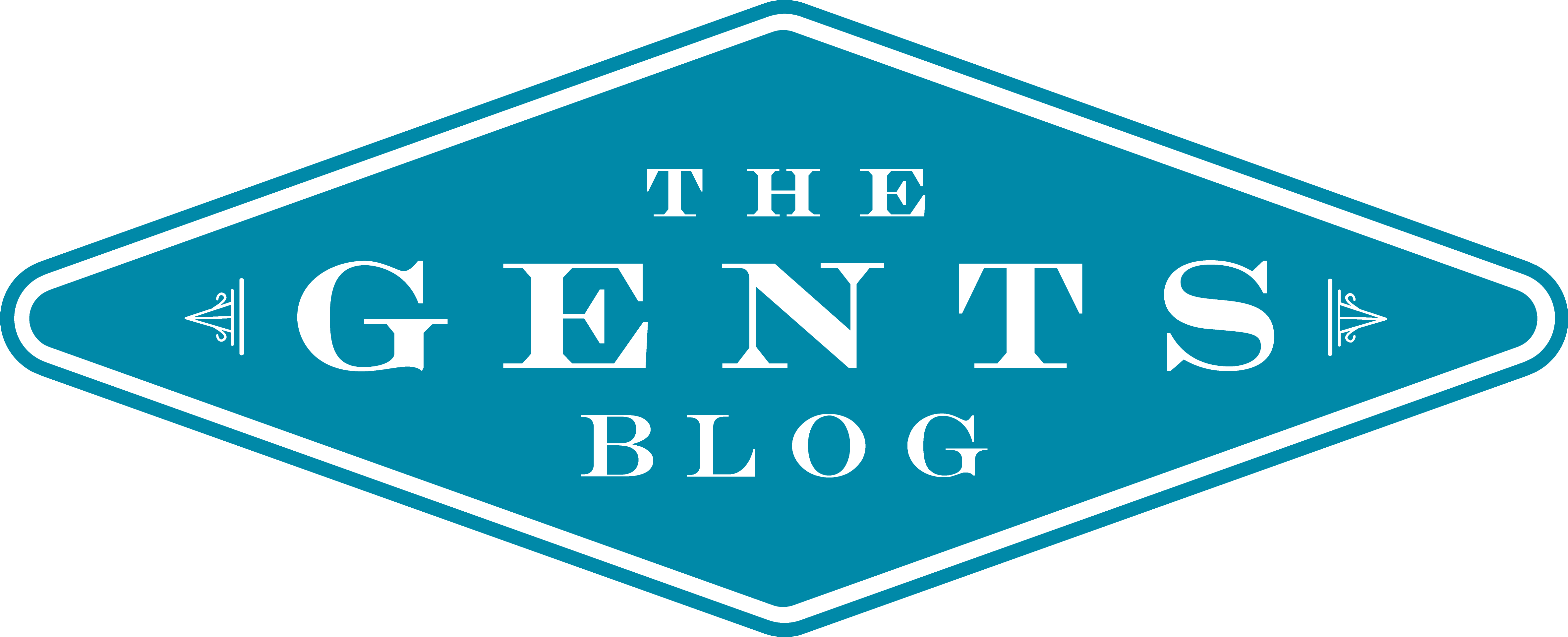Online trading, particularly through mobile apps like Robinhood, has come under scrutiny in recent weeks because of some controversy regarding a limit to trading of a particular stock. People were curious enough that the Twitter account for a small UK society promoting the legend of the original Robin Hood went from 350 followers to over 60,000 overnight. With that kind of curiosity (and confusion) in the air, we thought it might be a good time to discuss the pros and cons of various online trading platforms.
How Robinhood built a Base
We are living in the era of the mobile app and the founders of venture-backed Robinhood knew this and built an app to cater to that. The founders first showcased that app at a well-known hackathon before launching it formally in March 2015. As of last year the app has 13 million users, with an average customer age of 26. Of the users who have made at least one trade, 50% use the app daily, and 90% use it weekly.
How did Robinhood get so much traction in so little time? Three reasons:
-
- A $0 minimum to open an account (some traditional investment houses require $50,000)
- $0 commissions on trades
- A simple, no frills interface
Now those reasons may not apply to sophisticated investors, but there were plenty of newly employed millennials who didn’t know what they didn’t know about investing and felt perfectly comfortable buying and trading stocks with limited information, maybe even while waiting for a Tinder date. The traditional brokerage firms (predictably) scoffed and didn’t change their fee structure, until Robinhood proved their gamble with millions of customers acquired.
By the time one of the big boys, Charles Schwab, announced they would follow Robinhood’s lead and go to $0 trading, it was already 2019, and Robinhood had gobbled up a lot of new users, many of whom were now paying for the premium version, which allowed for pre/post market trading, as well as options to trade on margin. The “Gold” version of Robinhood required a minimum balance of $2000, but was the natural next step once novice traders had gotten their feet wet.
What Robinhood lacks
Robinhood doesn’t really have great research tools, despite being ostensibly a platform where beginners can learn how to trade. You also can’t buy mutual funds or open a 401k or IRA. It’s really aimed at beginners or buy-and-hold traders in the US market.
Copycats and Competitors
There are plenty of established big players in this space which now take Robinhood seriously enough to make sure they aren’t missing opportunities to compete. There are also new smaller players who are looking to carve out a niche.
Among the big players you’ll find E*Trade, TD Ameritrade (now merged with Schwab), and Fidelity. All of them boast far more robust features than you can find on Robinhood. Such features include:
-
- More research tools
-
- The ability to trade bonds, futures, or sell short
- More customization for the user interface
Among the newer players, you’ll find firms like M1 Finance, which is a cross between traditional investment and robo-advising. It’s not for day trading, but rather uses asset allocations that you help to create to then auto-buy stocks that fit criteria you set.
With fees set at $0 or near $0, all of these online trading platforms are now competing on ease of use as well as access to markets and products (Robinhood offers trading in cryptocurrency, but not in forex, for example).
The Human Element
With all this discussion of apps and algorithms, we may lose sight of the fact that investing is a fairly personal affair, and the well-informed Gent never puts all his eggs in one basket, but diversifies and knows the value of financial advisors for more serious life plans. Even if you choose to get a Robinhood account, it should complement, not constitute, your investment strategies.
Have you had any good/bad experiences with online trading platforms? Share with us in the comments below.



